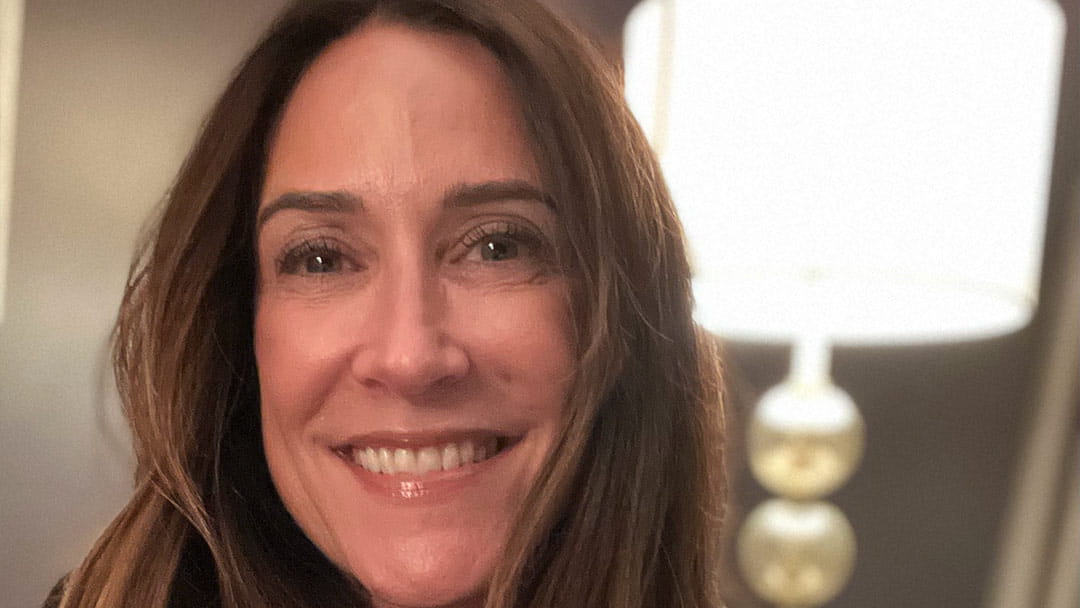

Methods to Deal With Burnout When You Cannot ‘Simply Stop’
There’s no denying it: Testing is having a second. Greater than two years in the past, the time period “quiet quitting” bubbled up from the tumultuous depths of the COVID-19 pandemic to explain scaling again as a type of self-care. It turned a second chapter to the so-called Nice Resignation that began in 2021 and noticed employees leaving their jobs en masse—largely citing low pay or poor psychological well being.
commercial
However it didn’t finish there. Inside the previous yr, greater than half of staff nonetheless report feeling burned out. The answer sounds easy sufficient: Simply stop. Take a break. Embrace a profession nap. However what in case you can’t? What if folks you take care of additionally depend on your steady job and revenue, and in quitting, you can now not present for them?
Tens of hundreds of thousands of adults are caregivers, however folks within the “sandwich era” face the problem of concurrently caring for his or her kids and their getting older mother and father—bodily, emotionally, financially, or the entire above. And the idea isn’t new. Dorothy Miller, a professor of social work on the College of Kentucky, coined the time period within the early Nineteen Eighties, noting that the sandwich era has a “distinctive set of unshared stresses,” together with acute monetary pressure, an absence of reciprocated assist, and “fatigue from fulfilling the calls for of too many roles.”
In different phrases, folks on this group—which, in the mean time, is especially a mixture of Gen X and millennials—have a tendency to hold a heavy emotional burden. However sadly, they’re usually below loads of monetary strain, too, which implies “simply quitting” and strolling away isn’t on the desk.
Why the sandwich era is so burned out
Practically 1 / 4 of American adults are “sandwiched” between their children and getting older mother and father, in accordance with the Pew Analysis Heart. That features folks whose mother and father are 65 or older and whose kids are both below 18 or are older and nonetheless want monetary assist.
Greater than half of adults of their 40s fall into this center floor, as do greater than a 3rd of adults of their 50s. However lots of them might not even notice they’re in such a gaggle.
“Being a sandwich-generation caregiver can sneak up on you,” says Brooke Schwartz, LCSW, licensed scientific social employee and founding father of the Los Angeles-based Sawtelle Psychotherapy Group. “Sure, there was seemingly a while to regulate to the concept of getting into a dad or mum position, but it surely’s onerous to foretell and anticipate all that can include that, each logistically and emotionally.” What’s extra, she says, “Getting into a caregiving position for getting older mother and father may be significantly sneaky. It might begin as heightened concern for folks’ well-being, or a rise in requests, and earlier than you recognize it, caregiving appears like—or actually is—a full-time job.”
commercial
Plus, many individuals are staying within the sandwich era longer than ever earlier than, per the Pew Analysis Heart, as older adults reside longer, and youthful generations wrestle to realize monetary independence. Certainly, greater than half of younger adults as much as age 34 are at the very least considerably financially depending on their mother and father, per one other Pew Analysis report launched earlier this yr. Lower than 1 / 4 of grownup kids are financially impartial by age 22 nowadays—whereas that quantity was nearer to a 3rd in 1980.
Maybe that’s one purpose why folks on this group report considerably increased ranges of burnout than non-caregivers, and even those that care just for kids, in accordance with a December 2023 examine within the Worldwide Journal of Getting old & Human Improvement1.
One other examine from final yr, printed in March within the Journal of the American Geriatrics Society2, additionally discovered that sandwich era caregivers report substantial monetary difficulties, regardless of increased labor pressure participation, together with intense emotions of caregiver position overload. They’re additionally much less seemingly to make use of supportive providers, in accordance with the identical examine.
That might be as a result of many caregivers really feel their position is a deeply private one, and never one thing they need to be outsourcing to another person, says Fanny Ng, PhD, a scientific psychologist with Readability Remedy NYC who makes a speciality of caregiver stress and burnout.
“Quite a lot of of us really feel like another person could not do nearly as good a job as they’ll,” Ng says. “They know their mother’s favourite meals, or how she likes issues completed, so no different particular person is nice sufficient. Or their children ask for them by identify, and they also really feel like they’ll’t step away.”









